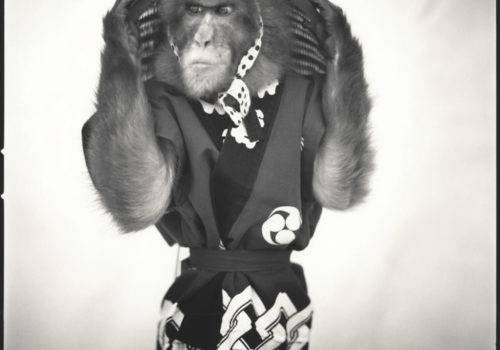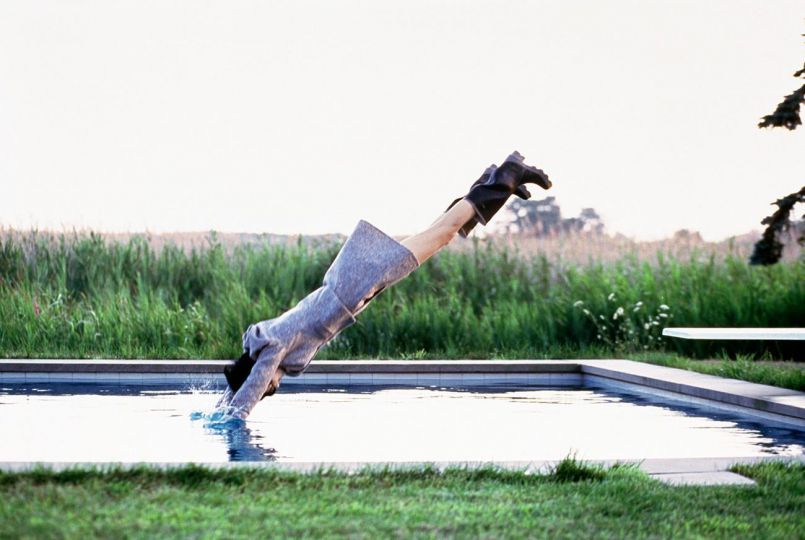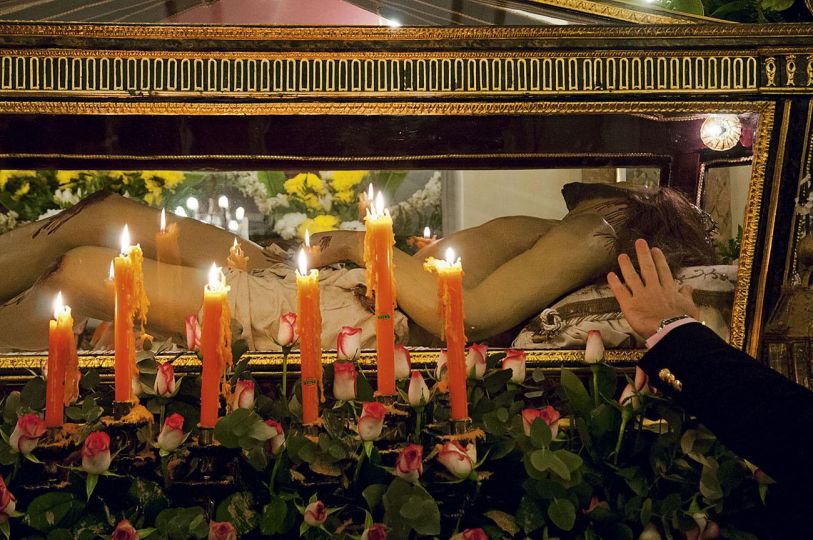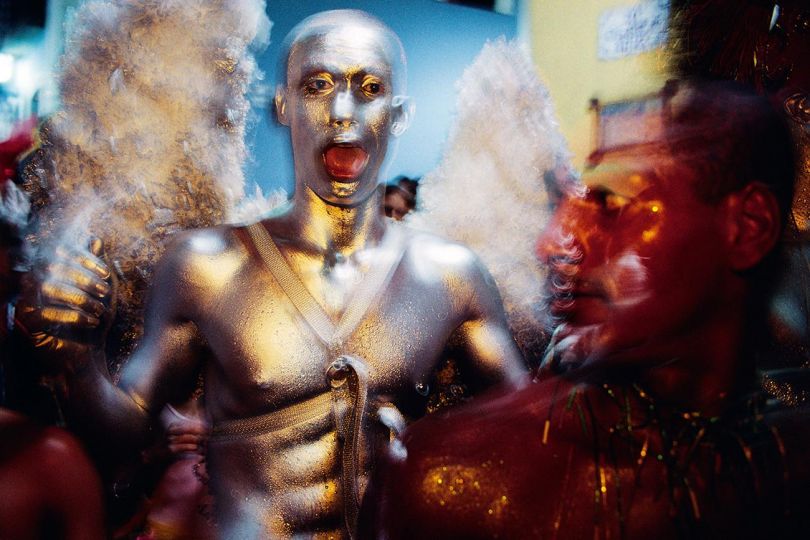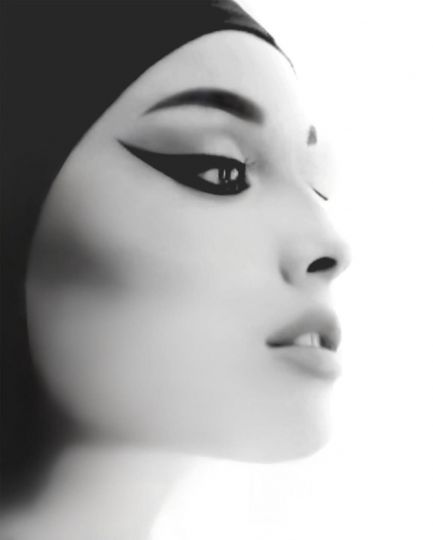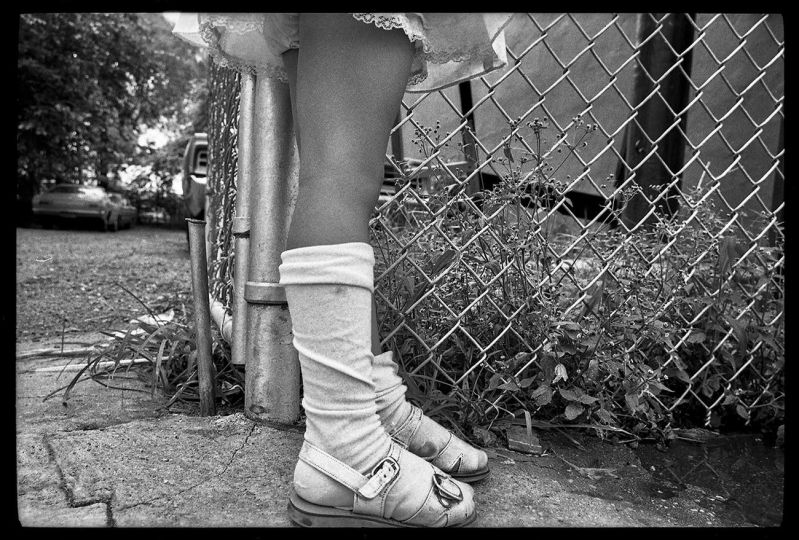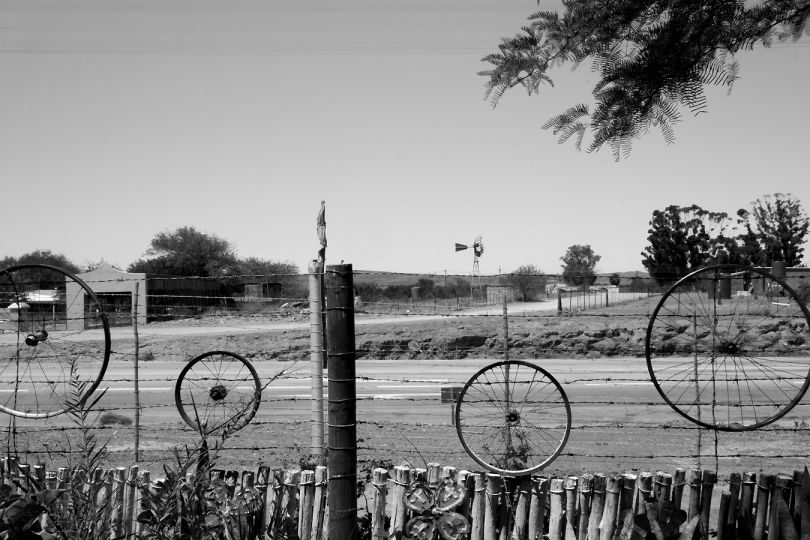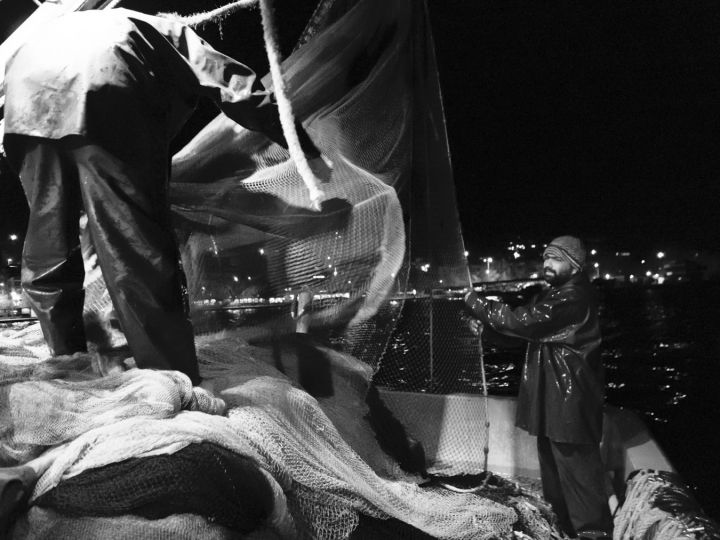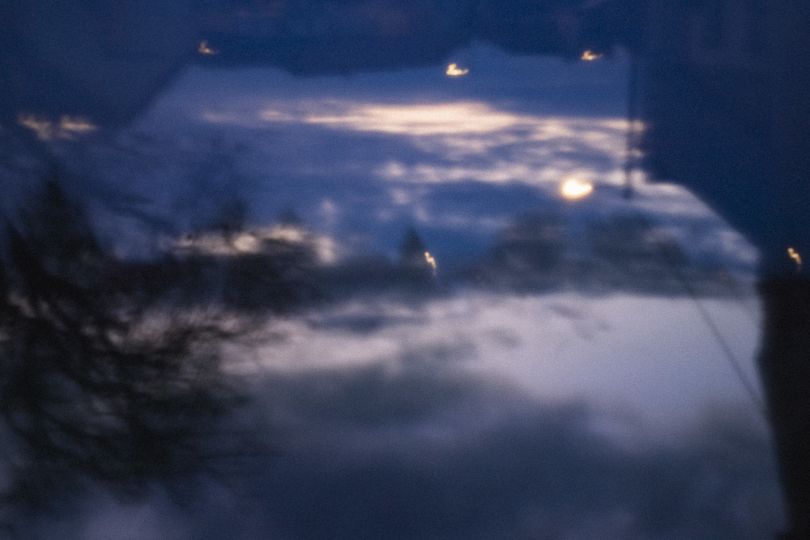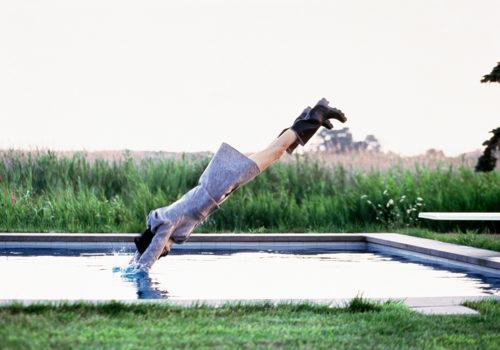When I grew up in Japan, Sarumawashi (pronounced SA-ROO-MA-WA-SHE) was a common thing to see on streets of towns and villages. The Sarumawashi came on holidays and for festivals, but they also came unexpectedly when there were no apparent reasons to celebrate. I was enchanted by the monkeys. What child wouldn’t be? Here are small creatures dressed up, doing tricks, dancing and acting like miniature people. I would stay with them until my parent grabbed my hands and pull me away. As I grew older, I forgot about the monkeys, or I just didn’t pay attention any more. The Sarumawashi were disappearing anyway. They had became a thing of the past.
Several years ago I went to the Bronx Zoo in New York and visited their so-called ‘Congo Gorilla Forest.’ While there I spent hours watching and studying the gorillas’ facial expressions. They showed much affection for each other, and I was amazed how expressive they were. After that experience, I had no doubt that these animals had the same intricate, subtle feelings and emotions as people. So, I wondered, “Are the monkeys from my childhood like the gorillas I saw? Do they really have feelings like us?”
I decided to revisit my past and go see the performing monkeys once again. I visited monkey theater companies and all day long I photographed the monkeys. In front of the camera, the monkeys stood up straight and struck poses from the plays over and over. Then, after a while, they started to fall back to their own inner selves, revealing their true monkey personalities.
-Hiroshi Watanabe

